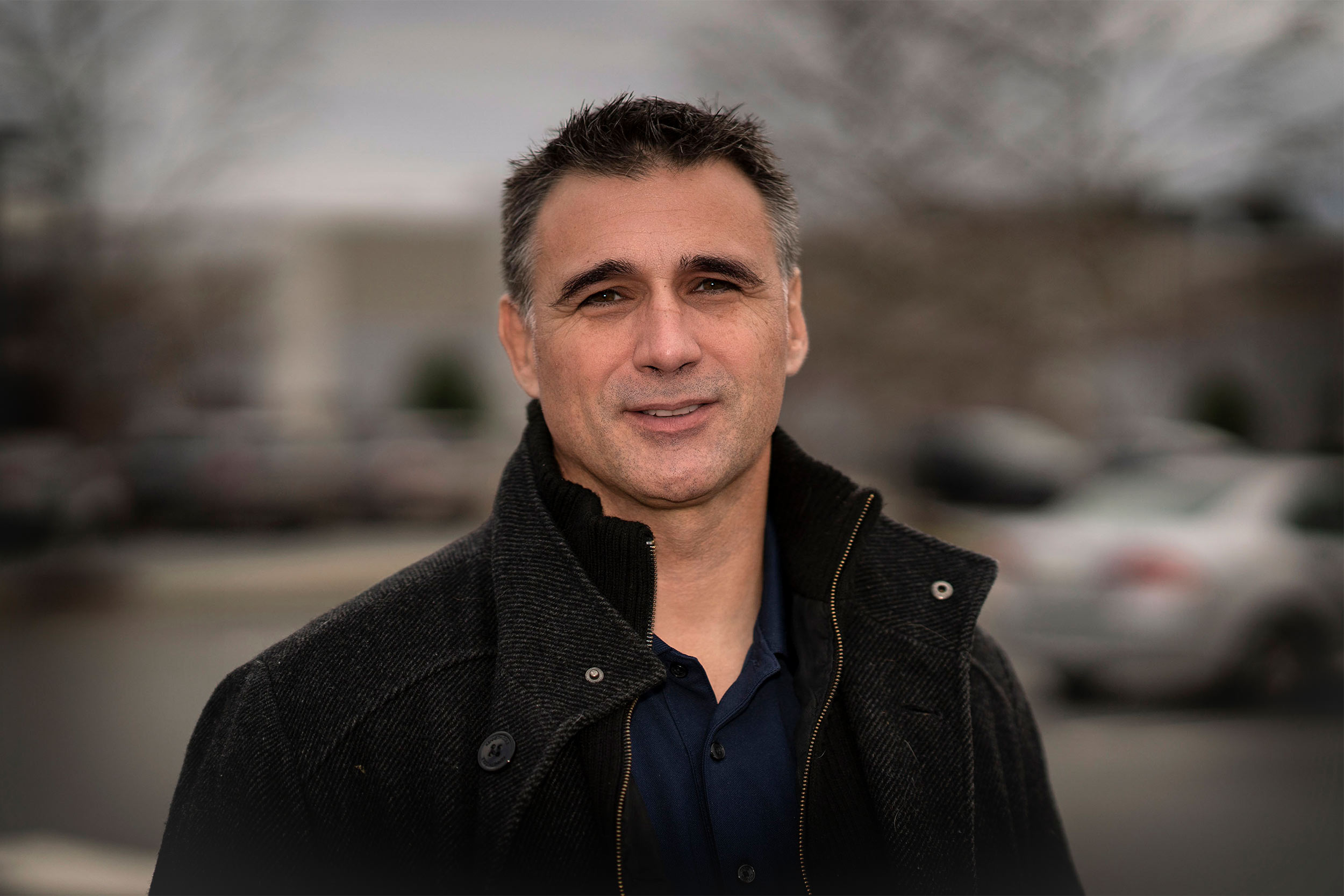Kochis will lead a department facing challenges similar to those facing the nation, including community concerns about policing, staffing and hiring challenges, gun violence, and more.
The online UVA MPS program, which draws students from across the country, is designed to prepare law enforcement leaders for just these challenges, said professor Bryon Gustafson, director of the MPS program.
“Michael Kochis is doing what we want all of our students to do; taking his experience in the MPS program and putting it to work in the real world in an important leadership position,” Gustafson said.
In announcing his hiring, Charlottesville leaders cited the work Kochis had done to build community trust in Warrenton.
Kochis recently answered some questions from UVA Today about his approach to leadership, what he learned from UVA, and more.
Q. Congratulations on the new position! What’s up first for you?
A. I’m really looking forward to getting started, and it’s already beginning. My 90-day plan includes one-on-one conversations with every employee in the Charlottesville Police Department. That’s a lot of time and work, but it’s worth it. I want to sit down with them and understand who they are and where they’re coming from, as people and in the department.
In the community, I’ve identified some stakeholders to meet with early on – residents, as well as faith leaders, organizations such as Black Lives Matter. Every group has a right to sit down with me one-on-one, look me in the face and ask questions or tell me what they expect from their police department, and I’m OK with that.
Outside of learning the department and community, the budget process is also starting right away. So, there’s a lot of work to be done.
Q. Where did you grow up? How did you get to where you are, professionally?
A. I grew up in northern New Jersey and I joined the Army right out of high school. I spent most of my police career in Alexandria, and then was appointed chief in Warrenton in 2020, just before the pandemic started.
Q. It’s been a tough few years for the city and the department, dating back to the Unite the Right rally in 2017. Is that on your mind?
A. Yes, and here’s the benefit I have in this situation: I am an outsider, and I come in with a blank slate. I don’t know one officer within the Charlottesville Police Department, but I do think the issues the city faces are not all that different from what you see happening nationwide. I’m looking forward to getting to work, to getting down there and meeting everyone, from the department to residents and activists. I’m up for it.
I look at the job of law enforcement as a noble profession. Bringing justice or closure to families after something horrible happens is why I joined this line of work. Communities need us.










